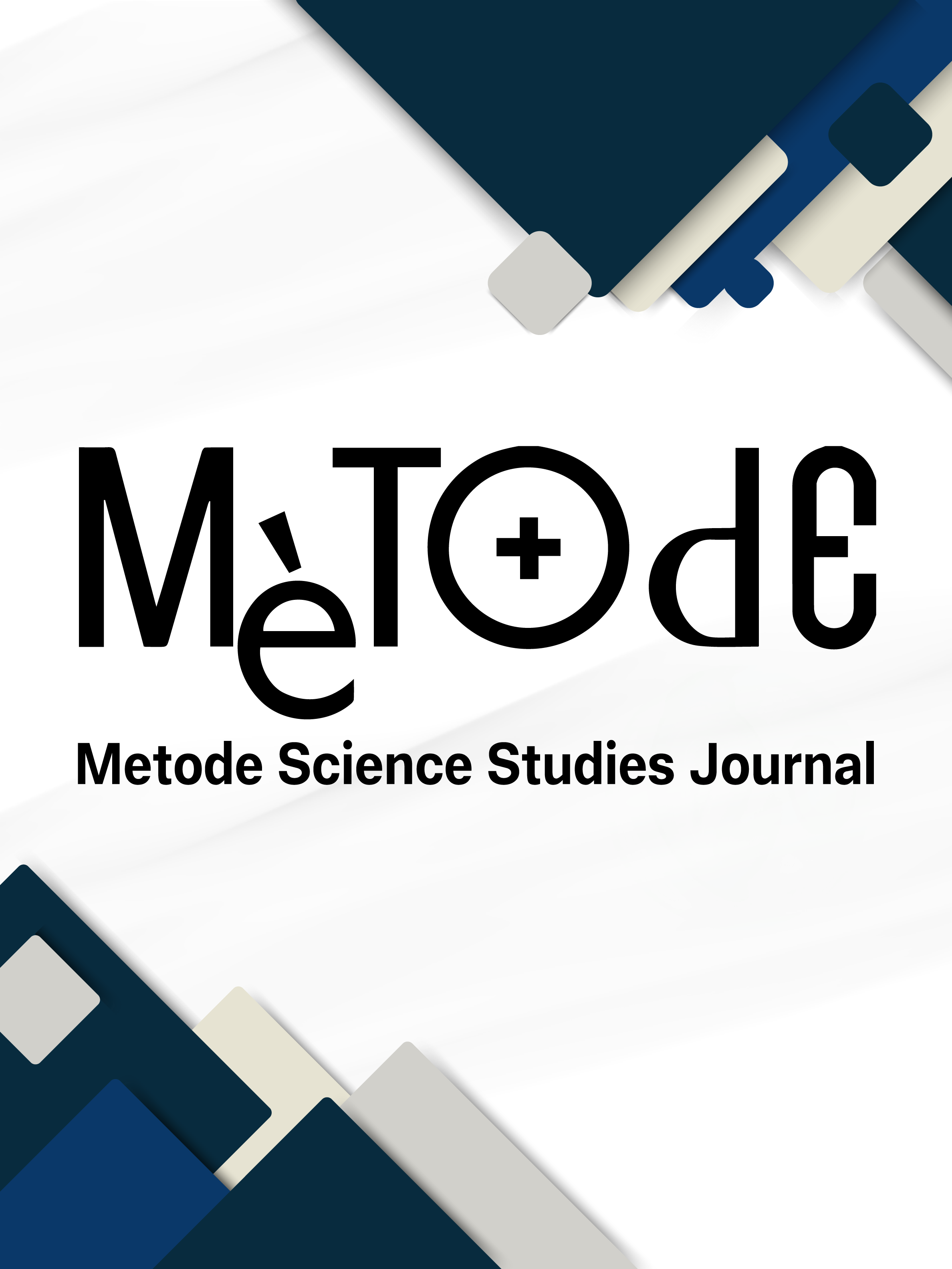L’economia circular del coure
Reptes de la transició energètica i digital
DOI:
https://doi.org/10.7203/metode.15.27181Paraules clau:
transició energètica, economia circular, reciclatge, recursos secundaris, coure Resum
Resum
El coure és un dels metalls clau per a la transició energètica i digital, cosa que dispararà la seua demanda els pròxims anys. D’altra banda, la seua extracció primària presenta creixents problemes mediambientals a conseqüència de la progressiva disminució de la concentració mineral dels jaciments (lleis de mena). En aquest context, els residus electrònics esdevenen una font de coure secundari molt prometedora. No obstant això, aquesta forma de recuperació del coure presenta una sèrie de reptes tecnològics i químics que passen per l’ús d’energies renovables, la separació de plàstics dels residus i l’augment de l’eficiència dels processos. Davant les limitacions termodinàmiques d’aquests processos, altres aspectes no tecnològics adquireixen una posició molt rellevant en el camí cap a la transició.
 Descàrregues
Descàrregues
 Referències
Referències
Calvo, G., Mudd, G., Valero, A., & Valero, A. (2016). Decreasing ore grades in global metallic mining: A theoretical issue or a global reality? Resources, 5(4), 36. https://doi.org/10.3390/resources5040036
Carrara, S., Alves Dias, P., Plazzotta, B., & Pavel, C. (2020). Raw materials demand for wind and solar PV technologies in the transition towards a decarbonised energy system. Publications Office of the European Union. https://doi.org/10.2760/160859
Deetman, S., de Boer, H. S., Van Engelenburg, M., van der Voet, E., & van Vuuren, D. P. (2021). Projected material requirements for the global electricity infrastructure – generation, transmission and storage. Resources, Conservation and Recycling, 164, 105200. https://doi.org/10.1016/j.resconrec.2020.105200
Forti, V., Baldé, C. P., Kuehr, R., & Bel, G. (2020). The global e-waste monitor 2020: Quantities, flows, and the circular economy potential. United Nations University (UNU), United Nations Institute for Training and Research (UNITAR), International Telecommunication Union (ITU) & International Solid Waste Association (ISWA).
Gregoir, L., & van Acker, K. (2022). Metals for clean energy: Pathways to solving Europe’s raw materials challenge. KU Leuven. https://eurometaux.eu/media/rqocjybv/metals-for-clean-energy-final.pdf
Huisman, J., Leroy, P., Tertre, F., Ljunggren Söderman, M., Chancerel, P., Cassard, D., Løvik, A. N., Wäger, P., Kushnir, D., Susanne Rotter, V., Mählitz, P., Herreras, L., Emmerich, J., Hallberg, A., Habib, H., & Wagner, M. (2017). ProSUM final report: Prospecting secondary raw materials in the urban mine and mining wastes. ProSUM. https://prosumproject.eu/sites/default/files/DIGITAL_Final_Report.pdf
Hund, K., Porta, D. La, Fabregas, T. P., Laing, T., & Drexhage, J. (2020). Minerals for climate action: The mineral intensity of the clean energy transition. World Bank. https://pubdocs.worldbank.org/en/961711588875536384/Minerals-for-Climate-Action-The-Mineral-Intensity-of-the-Clean-Energy-Transition.pdf
International Copper Study Group. (2023). The world copper factbook. ICSG. https://icsg.org/copper-factbook
International Energy Agency. (2021). The role of critical minerals in clean energy transitions. IEA. https://www.iea.org/reports/the-role-of-critical-minerals-in-clean-energy-transitions
Loibl, A., & Tercero Espinoza, L. A. (2021). Current challenges in copper recycling: Aligning insights from material flow analysis with technological research developments and industry issues in Europe and North America. Resources, Conservation and Recycling, 169, 105462. https://doi.org/10.1016/j.resconrec.2021.105462
Mills, R. (2022, 27 october). Copper: The most important metal we are running short of. A head of the herd. https://aheadoftheherd.com/copper-the-most-important-metal-were-running-short-of-richard-mills/
Tabelin, C. B., Park, I., Phengsaart, T., Jeon, S., Villacorte-Tabelin, M., Alonzo, D., Yoo, K., Ito, M., & Hiroyoshi, N. (2021). Copper and critical metals production from porphyry ores and e-wastes: A review of resource availability, processing/recycling challenges, socio-environmental aspects, and sustainability issues. Resources, Conservation and Recycling, 170, 105610. https://doi.org/10.1016/j.resconrec.2021.105610
Torrubia, J., Parvez, A. M., Bassorgun, A., Charitos, A., Valero, A., & van der Boogaart, K. G. (2024). Copper recovery from electronic waste: An energy transition approach to decarbonise the industry. [Paper submitted for publication].
Torrubia, J., Valero, A., & Valero, A. (2022). Thermodynamic rarity assessment of mobile phone PCBs: A physical criticality indicator in times of shortage. Entropy, 24(1), 100. https://doi.org/10.3390/e24010100
Torrubia, J., Valero, A., & Valero, A. (2023). Energy and carbon footprint of metals through physical allocation. Implications for energy transition. Resources, Conservation and Recycling, 199, 107281. https://doi.org/10.1016/j.resconrec.2023.107281
Torrubia, J., Valero, A., Valero, A., & Lejuez, A. (2023). Challenges and opportunities for the recovery of critical raw materials from electronic waste: The Spanish perspective. Sustainability, 15(2), 1393. https://doi.org/10.3390/su15021393
Valero, A., Torrubia, J., Anía, M. Á., & Torres, A. (2021). Assessing urban metabolism through MSW carbon footprint and conceptualizing municipal-industrial symbiosis—the case of Zaragoza city, Spain. Sustainability, 13(22), 12724. https://doi.org/10.3390/su132212724
Valero Navazo, J. M., Villalba Méndez, G., & Talents Peiró, L. (2014). Material flow analysis and energy requirements of mobile phone material recovery processes. The International Journal of Life Cycle Assessment, 19, 567–579. https://doi.org/10.1007/s11367-013-0653-6
Van der Voet, E., Van Oers, L., Verboon, M., & Kuipers, K. (2019). Environmental implications of future demand scenarios for metals: Methodology and application to the case of seven major metals. Journal of Industrial Ecology, 23(1), 141–155. https://doi.org/10.1111/jiec.12722
Descàrregues
Publicades
Com citar
-
Resum349
-
PDF 19
Número
Secció
Llicència
Drets d'autor (c) 2024 CC BY-NC-ND 4.0

Aquesta obra està sota una llicència internacional Creative Commons Reconeixement-NoComercial-SenseObraDerivada 4.0.
![]()
Tots els documents inclosos en OJS són d'accés lliure i propietat dels seus autors.
Els autors que publiquen en aquesta revista estan d'acord amb els següents termes:
- Els autors conserven els drets d'autor i garanteixen a la revista el dret a la primera publicació del treball, llicenciat baix una llicència de Reconeixement-NoComercial-SenseObraDerivada 4.0 Internacional de Creative Commons, que permet a altres compartir el treball amb un reconeixement de l'autoria del treball i citant la publicació inicial en aquesta revista.
- Es permet i s'anima els autors a difondre la versió definitiva dels seus treballs electrònicament a través de pàgines personals i institucionals (repositoris institucionals, pàgines web personals o perfils a xarxes professionals o acadèmiques) una vegada publicat el treball.





